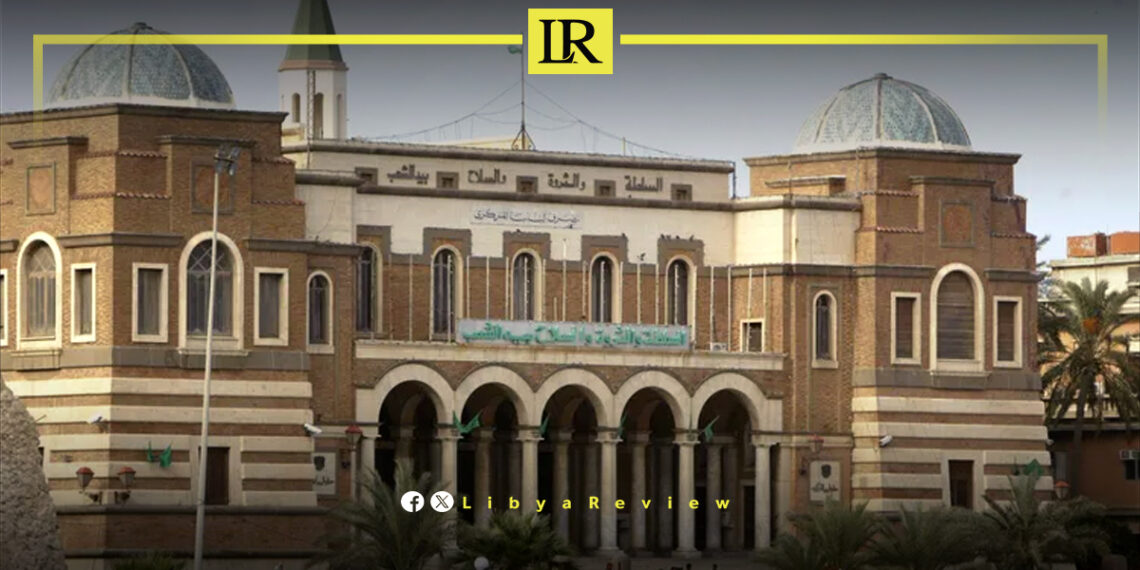On Sunday, Libya’s Central Bank announced that the country’s total public revenue from January 1 to November 30, 2024, reached 86.3 billion Libyan dinars.
Oil revenues dominated the country’s income, accounting for 70.4 billion dinars, with an additional 12.5 billion dinars generated from oil royalties. Domestic fuel sales contributed 62 million dinars, further emphasizing the central role of hydrocarbons in Libya’s economic landscape.
Beyond the energy sector, tax revenues amounted to 2 billion dinars, while customs brought in 319 million dinars.
Revenues from the telecommunications sector stood at 153 million dinars, while other miscellaneous sources added 882 million dinars. These include fees for public services such as passport issuance, vehicle registrations, fines, and financial services provided by government offices in Libyan cities.
The Central Bank highlighted its efforts to enhance transparency and disclosure, reaffirming its commitment to involving both state institutions and the public in understanding Libya’s economic performance. This approach is seen as essential for fostering trust and accountability in the nation’s financial management.
While the revenue figures showcase Libya’s significant fiscal capacity, they also underscore its heavy dependence on the oil sector. This reliance leaves the country vulnerable to global oil price fluctuations and domestic production challenges, including infrastructural vulnerabilities and political instability.
Non-oil revenues remain relatively small in comparison but indicate early steps toward diversifying Libya’s economy. Administrative fees, service charges, and telecommunications revenues are emerging as supplementary sources of income, though they fall short of offsetting the overwhelming dominance of hydrocarbons.
Despite these modest gains, Libya’s financial management faces significant challenges, including weak infrastructure, political divisions, and inefficient public service delivery. Efforts to improve revenue collection systems and enhance governance remain crucial for sustainable economic development.
Libya’s long-term stability depends on reducing its reliance on oil revenues and expanding income sources through diversification. Investing in technology, infrastructure, and emerging industries such as telecommunications could provide more robust economic resilience.


